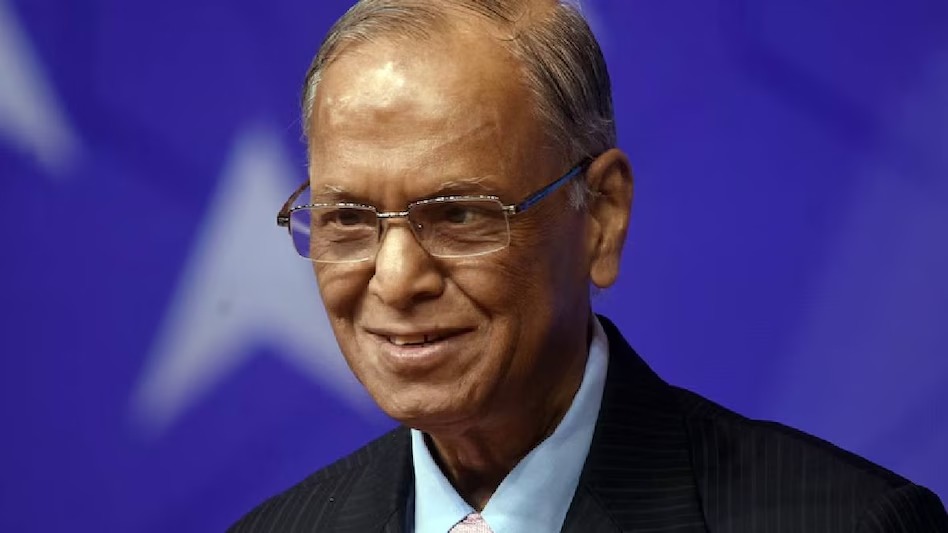- November 15, 2024
‘I am sorry, I have not changed my view…’: Narayana Murthy calls India’s transition to 5-day workweek disappointing

Narayana Murthy, the co-founder of Infosys and one of India’s most respected business leaders, has been vocal about his concerns regarding the recent shift towards a 5-day workweek in India. His comments have sparked widespread discussion, especially given his prominent role in shaping India’s IT industry. Despite the growing global trend of reducing work hours, Murthy remains steadfast in his belief that the move is detrimental to India’s growth and future. In his statement, Murthy emphasized that his view had not changed, expressing disappointment at the trend that seems to have taken hold in various sectors across the country. This article aims to explore Murthy’s viewpoint in detail, analyzing the implications of a 5-day workweek on India’s economy, workforce, and societal development. Before diving into Murthy’s criticism of the 5-day workweek, it is important to understand the context of his own professional philosophy. Murthy, who founded Infosys in 1981, built the company on the foundations of hard work, innovation, and a relentless pursuit of excellence. Infosys, under his leadership, became one of the world’s largest IT services companies, with a significant footprint in the global market. Throughout his career, Murthy has been a staunch advocate for discipline, commitment, and long working hours as keys to success, especially in the high-tech sector. His philosophy has been that longer hours of concentrated effort lead to greater productivity, both on an individual level and for an organization as a whole. This background shapes his views on work culture and provides the foundation for his criticism of the move toward a shorter workweek. India’s move towards a 5-day workweek has gained momentum in recent years, particularly in sectors like technology, education, and government services. The decision to shorten the workweek aligns with global labor trends that emphasize work-life balance, employee well-being, and a healthier, more sustainable approach to working hours. Many companies, both multinational corporations and homegrown businesses, have experimented with reduced work hours, with the expectation that it will increase productivity and employee satisfaction. In many Western countries, the 4-day workweek, or flexible work arrangements, have already been implemented, with mixed but largely positive results. The Indian government’s endorsement of a 5-day workweek in various public and private sectors is seen by some as a progressive step. It is believed to foster a better work-life balance, reduce stress, and ultimately contribute to a more satisfied and productive workforce. However, these benefits are often discussed in isolation from the broader implications, which is where Murthy’s criticism comes into play. Murthy’s main concern about the 5-day workweek is its potential impact on the economic growth of India. He argues that a shorter workweek could hamper the country’s ambition to become a global economic powerhouse. Murthy points out that countries like China, South Korea, and Japan, which have prioritized longer working hours, have seen rapid industrialization and economic success. In contrast, India, which is still a developing nation, may not yet have the luxury of reducing work hours without jeopardizing its competitiveness. For Murthy, the transition to a 5-day workweek is premature, given India’s position in the global economy. He believes that India, with its vast population and burgeoning young workforce, should remain focused on maximizing productivity to boost economic output and elevate its global stature. According to Murthy, cutting down workdays could lead to a decline in the overall work ethic of the nation, potentially stalling India’s growth in the long run.
The post ‘I am sorry, I have not changed my view…’: Narayana Murthy calls India’s transition to 5-day workweek disappointing first appeared on InfluencersPro.



